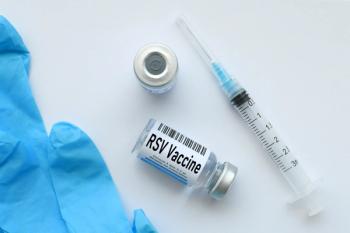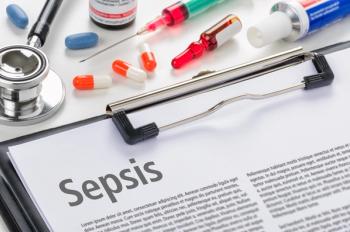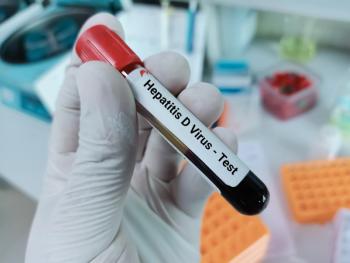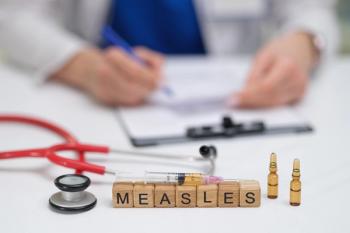
Infectious Disease
Latest News

Latest Videos

CME Content
More News

RSV outbreaks pose significant risks globally, highlighting the urgent need for targeted vaccination and treatment strategies to protect vulnerable populations.

Cephalosporins are commonly prescribed in the outpatient setting; understanding differences among them is important for pharmacists.

Immense burden is laid upon patients with cancer who are infected with COVID-19, as they are at higher risk of experiencing cancer treatment disruptions and severe illness that necessitates hospitalization.

Immunocompromised patients, especially transplant recipients, face heightened RSV risks, leading to severe infections and complications.

The FDA recently approved gepotidacin oral tablets for the treatment of uncomplicated urinary tract infections (UTIs).

Researchers unveil compounds that enhance cell death and boost antiviral responses, offering hope against RSV and other viral infections.

Understanding RSV’s impact on respiratory and cardiovascular health underscores the importance of holistic management, prevention through vaccination, and continued innovation in treatment strategies.

Funding cuts to public health agencies threaten to worsen chronic diseases and ignite infectious disease outbreaks, straining health care systems nationwide.

Six months following discharge from the hospital, adults who battled community-acquired pneumonia were at heightened risk of losing the ability to perform activities and experiencing poor quality of life.

An expert discusses the challenges of diagnosing and treating RSV in older adults and highlights the critical role of prevention.

The injection is indicated for the treatment of sepsis and other serious infections, enhancing treatment efficiency and patient care.


The FDA approves clesrovimab-cfor, a new RSV vaccine, offering infants effective protection against severe respiratory illness during their first RSV season.

CDC urges all US travelers to get vaccinated for measles, mumps, and rubella (MMR) amid rising measles cases, emphasizing prevention as key to combating outbreaks.

Infectious Disease Society of America guidance defines difficult-to-treat resistant Pseudomonas aeruginosa as resistance to all first-line agents.

The FDA approved the MenQuadfi vaccine for young children, enhancing protection against invasive meningococcal disease and its severe complications.

RSV vaccines for pregnant women and infants require careful timing and administration.

Christian John Lillis reflects on key insights from the 2025 Peggy Lillis Foundation C diff Summit, highlighting the critical role of pharmacists in infectious disease care, persistent challenges in patient outcomes, and the need for renewed investment in public health infrastructure and policy.

Christian John Lillis discusses the 2025 Peggy Lillis Foundation C diff Summit, emphasizing the enduring need for community-building among survivors, the importance of sustained public health advocacy, and the growing urgency to defend federal health agencies amid political and institutional uncertainty.

Cefepime-taniborbactam shows promise against resistant infections, but more studies are needed.

The authors believe the results may serve as a foundation for hepatitis D virus (HDV) testing among hepatitis B virus surface antigen (HBsAg)-positive specimens.


FDA and CDC halt Ixchiq chikungunya vaccine for adults 60 years and older due to severe adverse events, including fatalities, urging caution in vaccination practices.

A recent study highlights the promising immune response and safety of the Arexvy vaccine in lung transplant recipients, crucial for preventing RSV infections.

Pharmacists are on the front lines of the outbreak, making them well-positioned to educate and counsel patients with vaccine hesitancy.































